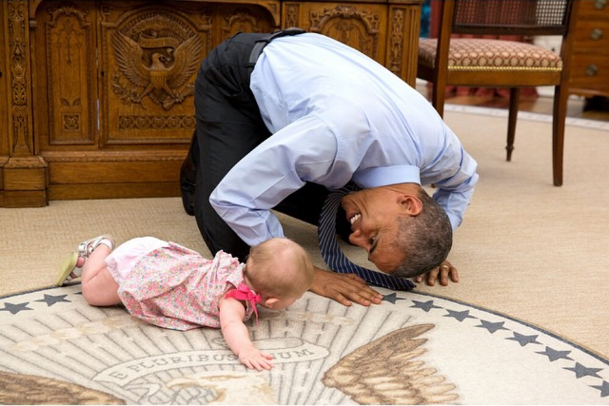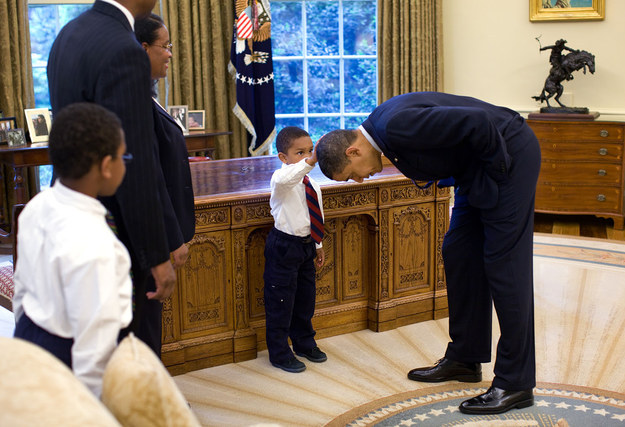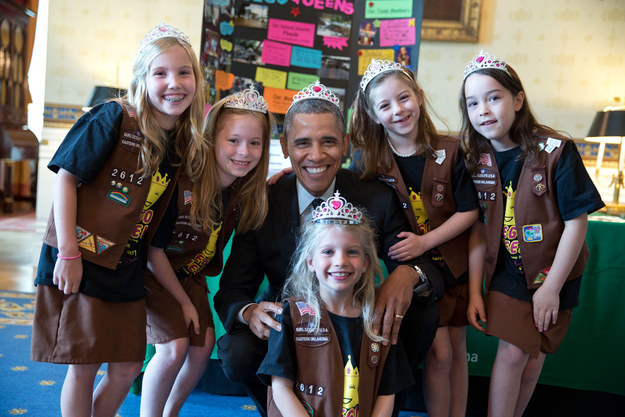Republicans are reacting with shock and horror to the sudden news that their candidate for the presidency is none other than real estate tycoon and “reality” tv star Donald Trump.
The Republican Party was in turmoil again Wednesday as party leaders, strategists and donors voiced increasing alarm about the flailing state of Donald Trump’s candidacy and fears that the presidential nominee was damaging the party with an extraordinary week of self-inflicted mistakes, gratuitous attacks and missed opportunities.
Well stone the crows! It turns out the candidate is not a responsible competent grown up who knows how to behave, but instead, it’s real estate tycoon and “reality” tv star Donald Trump.
Trump’s top campaign advisers are failing to instill discipline on their candidate, who has spent the past days lunging from one controversy to another while seemingly skipping chances to go on the offensive against his Democratic opponent, Hillary Clinton.
How could the Republicans possibly have known this would happen? What hint was there beforehand?
Reed, who managed Bob Dole’s 1996 presidential campaign, recommended that Trump “stop doing silly interviews nine times a day that get you off message” and deliver a major address seeking to reset the campaign establishing himself as the change candidate.
If only the Republicans had nominated a candidate who wouldn’t want to do silly interviews nine times a day – but alas for them, they didn’t, they nominated real estate tycoon and “reality” tv star Donald Trump.
Friends and allies of Manafort disputed reports that the top adviser had given up on Trump, describing him as fully committed to waging a successful campaign. But they said Manafort has been frustrated by Trump’s apparent lack of discipline on the stump and in his many media interviews.
But Manafort, being Trump’s campaign manager, must have known this all along, unlike the innocent Republicans who had no idea what he was like until just a day or two ago. Manafort must be well familiar with Trump’s lack of discipline and microscopic attention span.
“Paul has good influence with Donald,” said Charlie Black, a longtime GOP strategist and former business partner of Manafort. “But he’s Donald and he’s going to operate stream of consciousness a lot of times. You just hope he’ll have more days on message than days on consciousness.”
You just hope he’ll have more days when he doesn’t freak out and launch the nukes than days when he does.
From Washington to state capitals around the country, a feeling of despair and despondence fell over the Republican establishment. Two weeks ago at the party’s national convention in Cleveland, GOP leaders were buoyed by what they saw in Trump. But Trump quickly reverted to his old ways, setting off alarm bells in some parts of the party.
They were “buoyed” by that? By that orgy of fascism and egomania?
I hope the alarm bells burst their fucking eardrums.
Gingrich said Trump is continuing to operate on instincts that helped him in business and in the primaries but said the GOP nominee doesn’t realize those skills are not adequate for a general election.
Of course he doesn’t. He’s not bright. He doesn’t think.
“He can’t learn what he doesn’t know because he doesn’t know he doesn’t know it,” Gingrich said.
So he’ll be a fabulous president then. I don’t see what could possibly go wrong.



